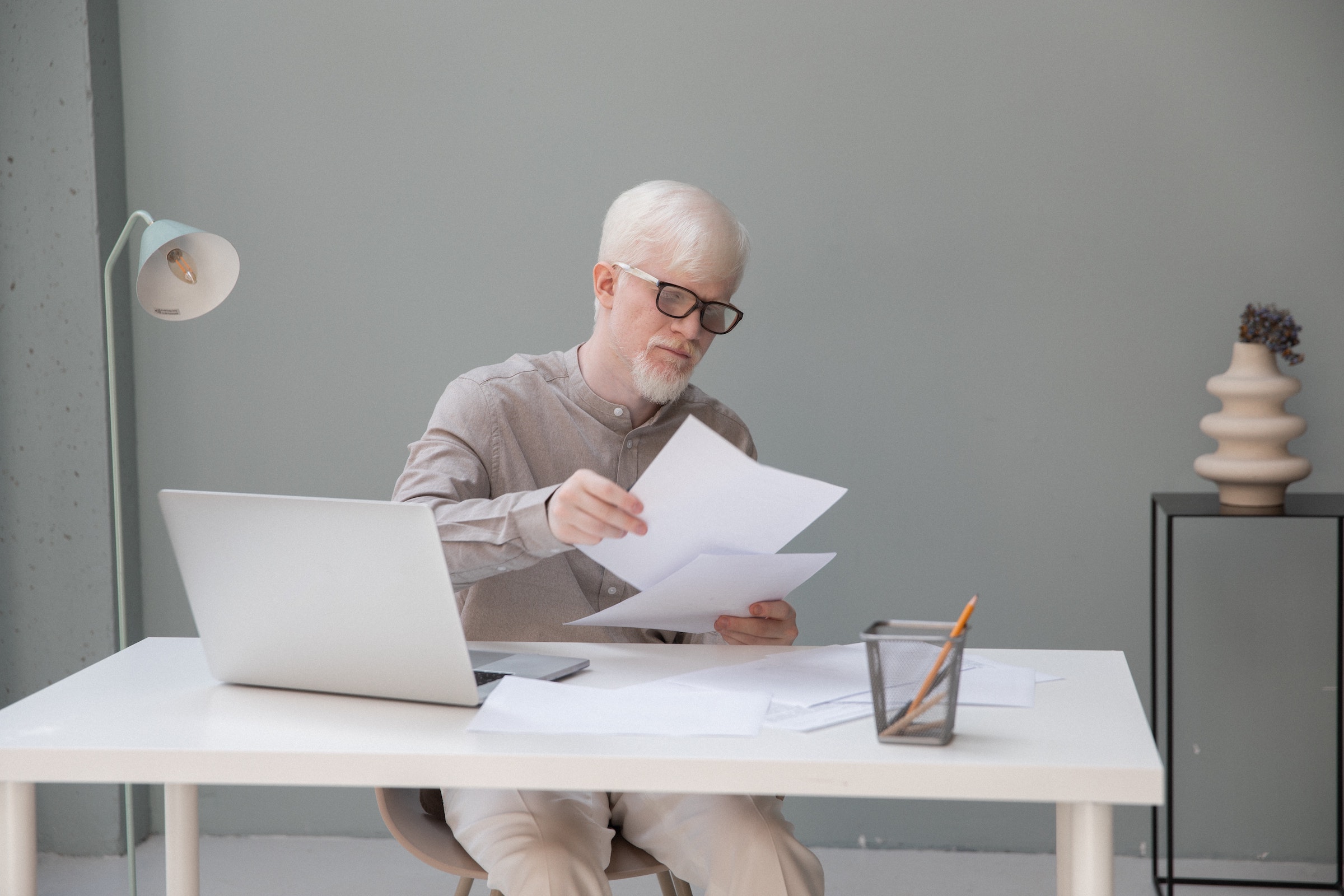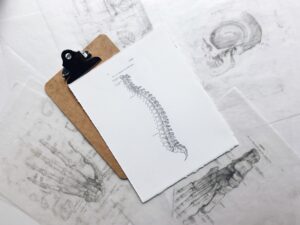

How to stay healthy with a desk job
4 May, 2021, 3:05 AMThe human body was not designed to sit, at least not for prolonged periods. Yet, in the modern world, more and more people are confined to their desks for a major part of the day. In Australia, 50% of workers have jobs that involve sitting for at least part of the time. Sedentary work and desk jobs, such as computer work, truck driving, and heavy lifting, are risk factors for a range of health problems, including cardiovascular disease, obesity, diabetes, some types of cancers, and musculoskeletal problems such as spine problems and acute low back pain. According to SafeWork Australia, more than 7 hours of sedentary behaviour is detrimental to health.
The sitting disease
In the 21st century, scientists have coined a new term “sitting disease” to describe the dangers of prolonged sitting. Studies have shown that people who sit for more than 11 hours or more have a 40% higher risk of premature death compared to people who sit for 4 hours a day or less. Every additional hour spent sitting at a desk further shortens a person’s lifespan.
A major negative effect of desk jobs is that prolonged sitting has an impact on the spine. Sitting puts stress on the muscles of the back and neck, including the traps, hip flexors, iliopsoas, and gluteus muscles. These muscles, which are important supporters of the spine, become tight and have restricted blood flow as a result of sitting for long periods.
What’s more, prolonged sitting is associated with bad posture. When you first arrive at your desk job in the morning, you are likely to sit with a good posture. However, as the day goes on, you begin to slouch and let your posture slide, putting stress on the ligaments and spinal discs. When this is repeated day after day, sitting in an office chair can lead to significant spine issues with ongoing neck and back pain.
Fixing the damage caused by a desk job
If your job involves sitting for long periods, you can do several things to reduce the impact on your spine and prevent back pain. Of course, if you’re in pain, you should seek medical advice and consult a physician to see if any underlying problems can be treated. You may get pain relief with physical therapy, for example.
Some examples of interventions that are pain-relieving and easy to substitute for sitting include:
- Take frequent breaks and stretch at regular intervals throughout the day.
- Perform desk exercises such as shoulder shrugs, chin tucks, calf flexes, and squats.
- Get a workstation that is ergonomically designed to support your spine.
- Switch to a standing workstation or sit-stand desk.
- Ditch the boardroom and have walking or standing meetings.
- Take the stairs for a quick boost in blood flow to your muscles.
- Stand every time you’re reading a document or talking on the phone.
- Walk over to a colleague’s desk rather than calling or e-mailing.
If you have a desk job, don’t underestimate the negative impact it can have on your spine. Focus on reducing sitting throughout the day and substituting it with as many non-sedentary tasks as possible.




